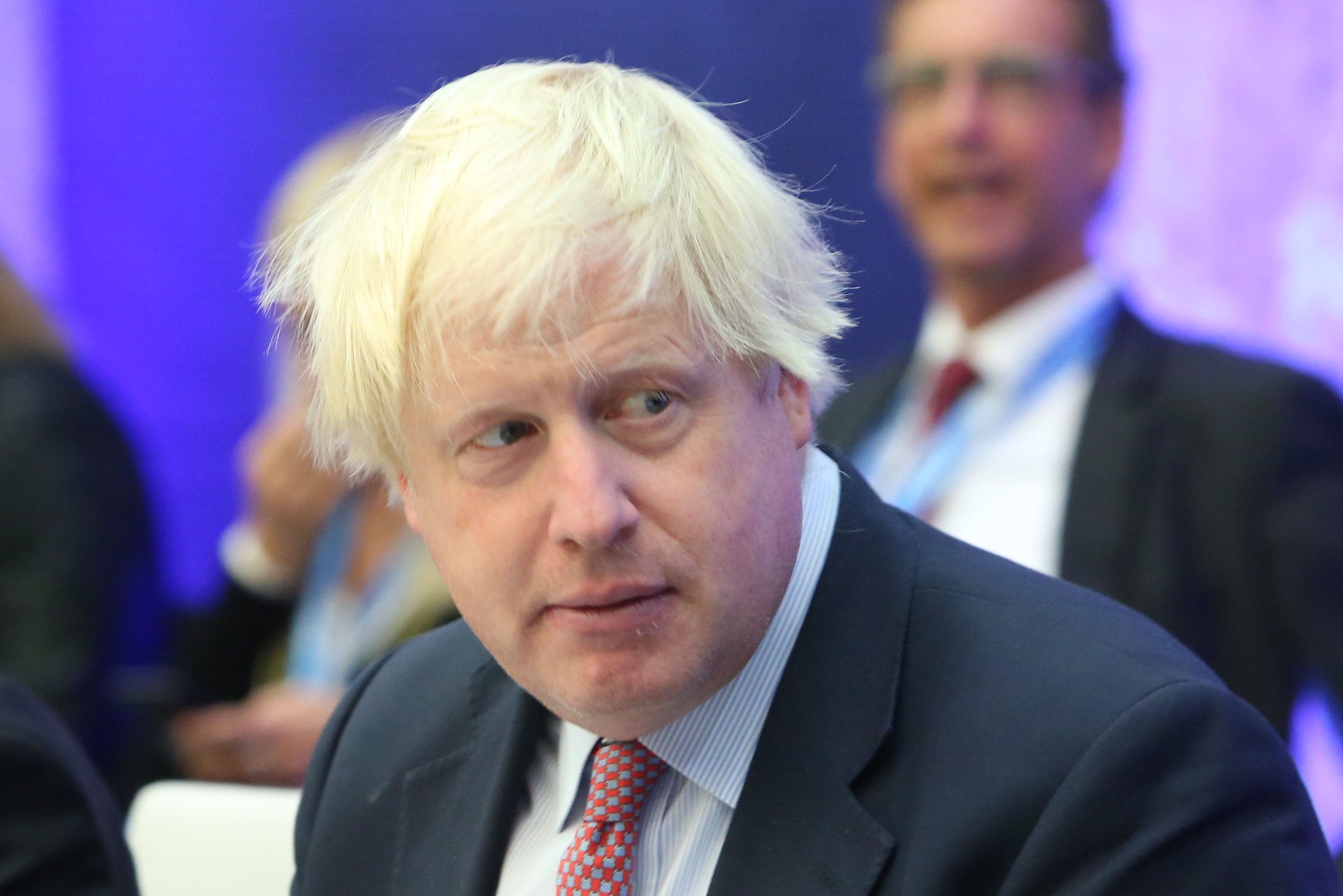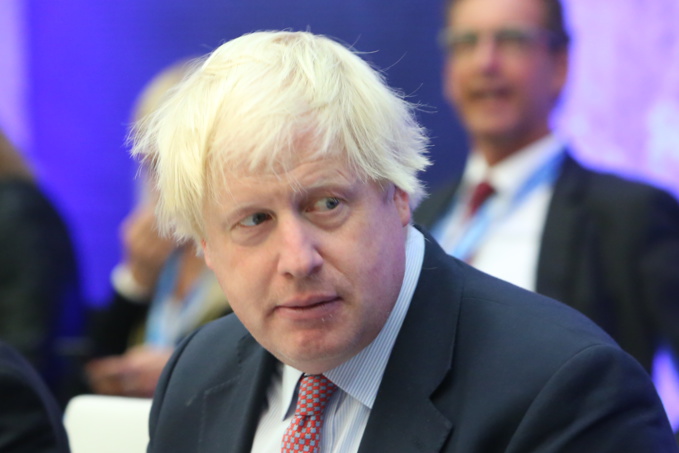The compromise was announced literally at the last moment: Britain should leave the EU on October 31, and the two-day EU summit that began on Thursday gave the last chance to get the go-ahead from the continent to implement the agreements reached. On the eve, negotiations between the EU and UK delegates lasted more than two days.
The final agreement in the 34-second video of the British Conservative Party is summarized as follows:
• Britain leaves the jurisdiction of all EU laws;
• London will be able to conclude its own free trade agreements;
• The end of the rule of the EU Court;
• Britain will itself control the collected taxes;
• Northern Ireland will forever remain British customs territory;
• Backstop is canceled.
The issue of the border between Northern Ireland and the Republic of Ireland (which remains the EU member) was one of the most difficult at the talks between London and Brussels. This is why previous British Prime Minister Theresa May failed to approve parliamentary agreements on leaving the EU. The mechanism of the so-called backstop suggested that Northern Ireland would remain part of the EU Customs Union and the single European market for some time after Brexit.
It was assumed that this mechanism will operate until London and Brussels agree on new rules for coexistence. Parliament thrice blocked backstop approval. As the current Prime Minister has repeatedly emphasized, backstop is incompatible with the sovereignty of Great Britain, and prevents new relations with the continent, as part of the country - Northern Ireland - will live by the old rules. Most importantly, backstop could become a threat to the 1998 Belfast Agreement, which allowed to resolve the conflict in Northern Ireland. The government of Boris Johnson insisted that Northern Ireland should remain on British customs territory.
As a result, according to the agreements reached on Thursday, the unspoken customs border will nevertheless pass through the Irish Sea, that is, between Northern Ireland and the United Kingdom (but not between Northern Ireland and the Republic of Ireland). Tourists will not notice anything, but merchant ships will have to go through customs procedures in the ports of Northern Ireland. British customs duties on goods from third countries will be applied if these goods do not reach the EU internal market. The British authorities should apply the EU customs code to this part of the territory, and the rules of the European Union should apply to those goods that go to the European market. Thus, theoretically (from the point of view of law), Northern Ireland will remain in the customs territory of Britain, and practically - in the EU customs union, notes The Irish Times.
EU leaders gathered in Brussels unanimously supported the agreement. “The reality is that now we have a deal that avoids the chaos and atmosphere of the conflict between the 27-member EU and the United Kingdom,” said European Council President Donald Tusk. Now it’s turn of the British Parliament, which has many times rejected the agreements reached.
This time, a 90-minute debate will take place on Saturday. Such an emergency meeting over the past 80 years was held only four times: September 2, 1939 at the beginning of World War II; July 30, 1949 on the last day of the summer session; November 3, 1956 during the Suez crisis; April 3, 1982 during the conflict around the Falkland Islands.
If Boris Johnson’s plan is not approved, then next week the British parliament may consider calling for early parliamentary elections. They may be held already at the end of November.
source: bbc.com, reuters.com



















